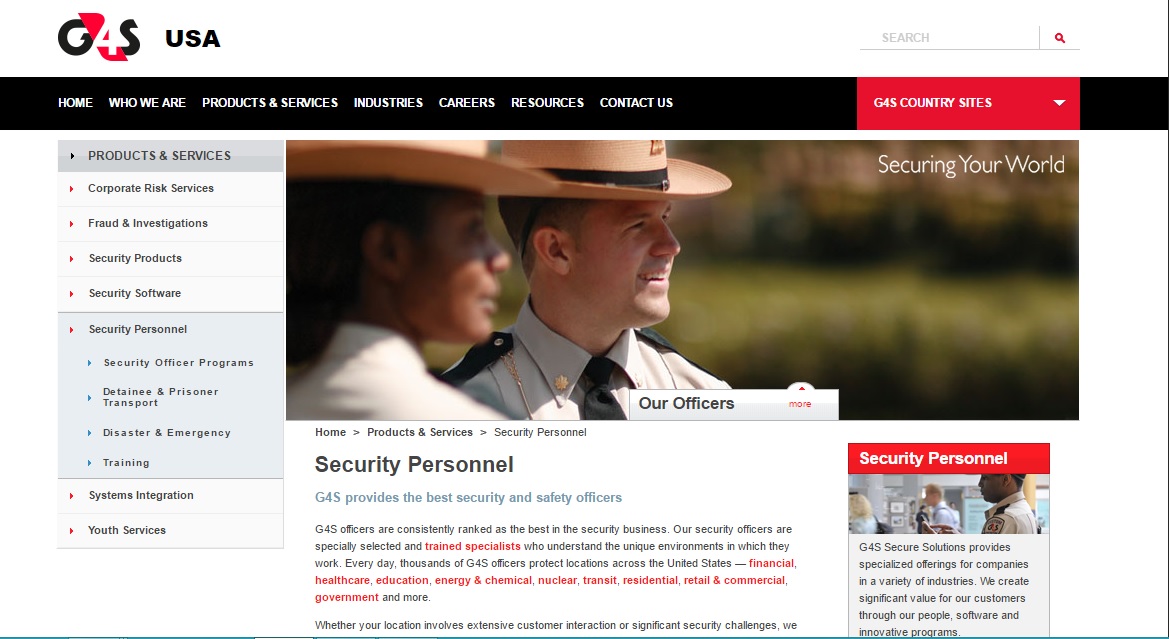What else – besides firing – can any employer do when dealing with an employee with anger or mental health issues?
Last week we discussed what role (if any) the Orlando shooter’s employer might have played in avoiding what happened. After all, he worked there over 9 years. We discussed how even if they had fired him instead of just transferring him (after coworkers complained and the FBI investigated), that alone would not have stopped him.
So what else could they have done?
Here are two ideas:
1. Most larger companies offer a benefit called Employee Assistance Program (EAP) that makes free counseling available not just to the employee, but anyone in their family. For example, if the employee has a gambling problem, or has a teenager addicted to drugs, they can start taking care of those problems. Participation in these programs is completely voluntary and confidential.
But, there is one exception, and that’s when an employee tests positive for drug use. In most companies, a positive drug test (after an accident, injury or at random) triggers a process where the employee is required to attend EAP counseling as a condition of employment. The counseling is still confidential, but it’s no longer voluntary. If the person wants to keep their job, they have to go to counseling.
I think something similar might be considered when someone is exhibiting serious anger or mental health issues that would otherwise get them fired; for instance, making threats or other violent behavior.
2. Another alternative to firing would be to have the employee undergo the same complete screening process as when they first came onboard; including background and criminal checks, drug testing, as well as any psychological evaluation/personality or aptitude tests. We do know that the shooter’s company conducted a background check after the FBI investigation in 2013 but did not submit him to another MMPI psychological/personality test, which, in my opinion, might have shown signs of trouble.
If you’ve ever had to deal with an emotionally unstable employee you know how scary and challenging it can be. But aside from firing those individuals — which basically sends the unresolved problem out into the world — the next best thing might be to try to get them help while we have some leverage through their job.
That’s my take. What do you think employers should do?
Not intended as legal advice.
© Copyright Eva Del Rio
Eva Del Rio is an HR consultant, columnist and creator of HR Box™ – tools for small businesses and startups. Send questions to eva@evadelrio.com



